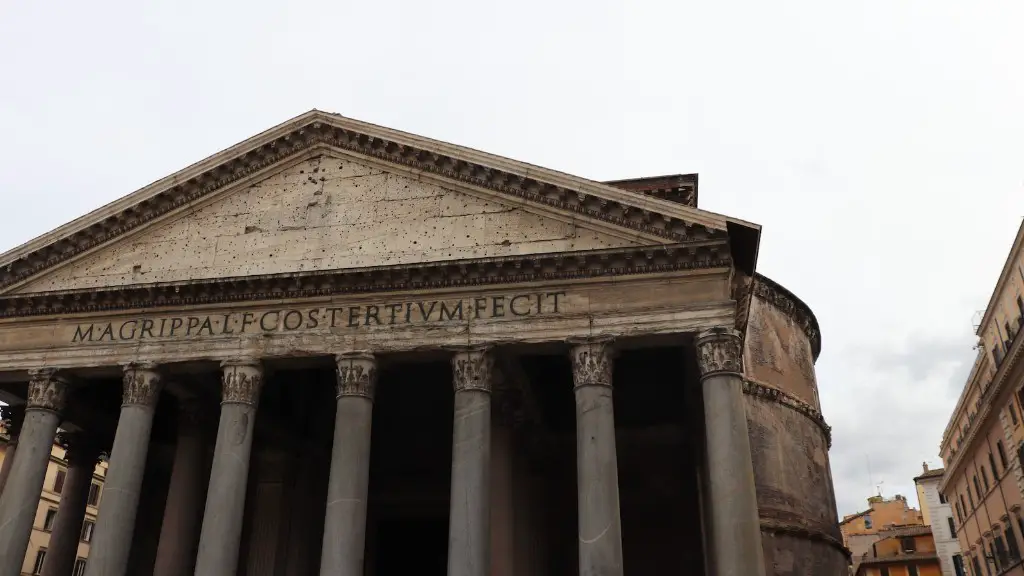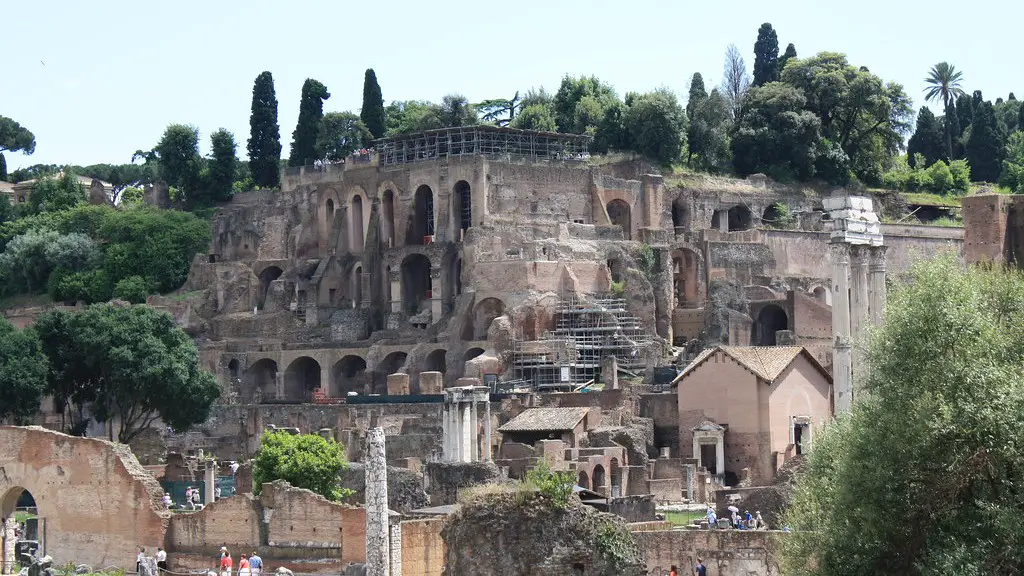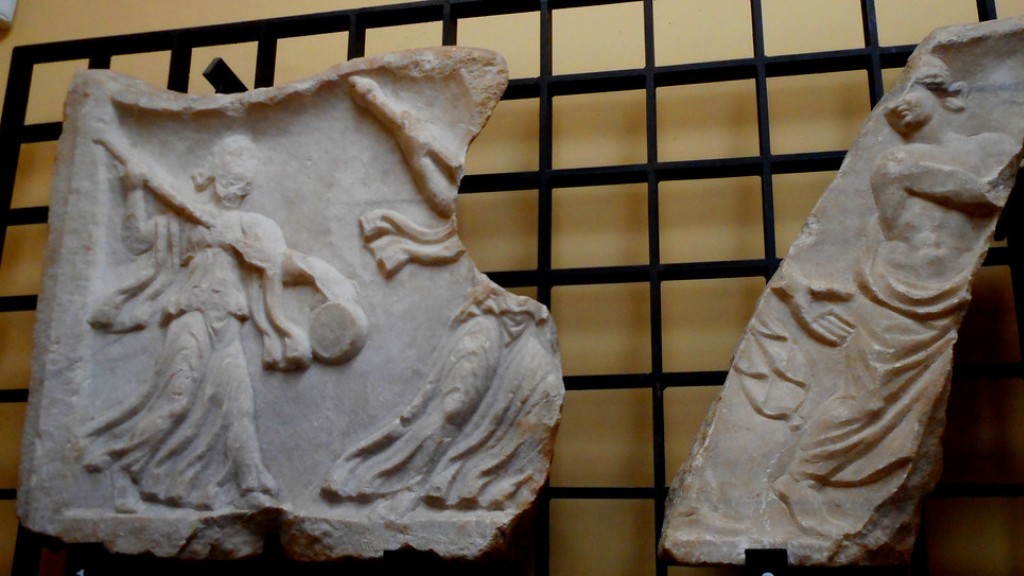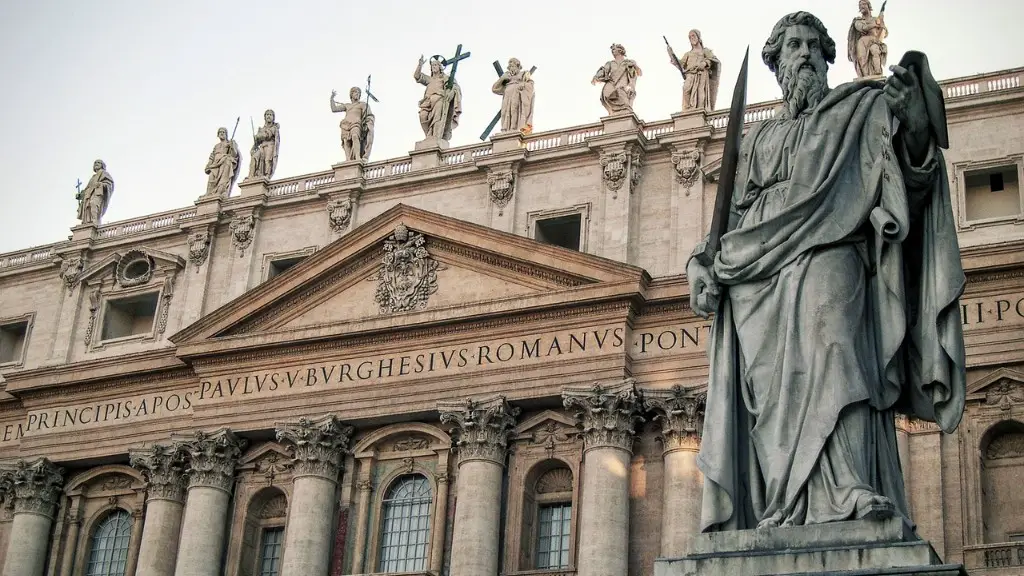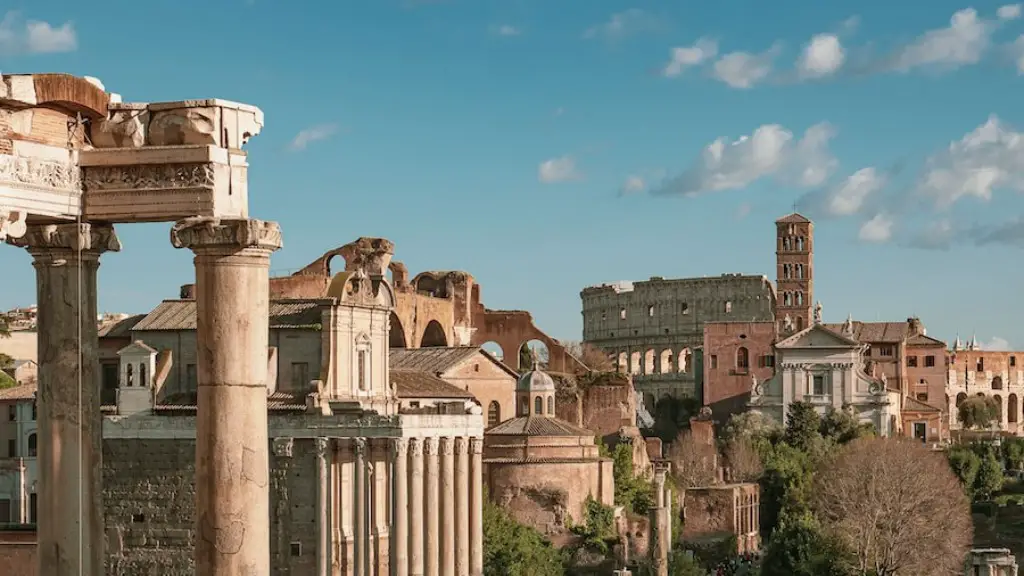The Plebeians were an integral part of Ancient Rome, one of the most influential and civilisation in Western History. Established in the 8th Century BC and lasting until the 5th Century AD,Ancient Rome had a primitive democracy where the lower classes, called Plebeians, had a voice in the government. In order to understand their role, one must first understand their place in society and the government.
The Plebeians were the majority in the Roman Empire, approximately 80-90% of the population, and were mostly comprised of farmers, tradesmen and small business owners. They were distinguishable from the Patricians, or the elite upper class, whom had an extensive political system and line of descent that held authority over the entire Empire. This system created a nobility of sorts; the Patricians held most of the wealth and power in the Empire, while the Plebeians had a say in their day to day lives and more importantly in their political representation.
In Ancient Rome, the Plebeians were extremely important to the functioning and success of the Roman government. This was because of the foundation of their Democracy, the concept called ‘Conflicting Equality’. This was essentially the idea that all people are equal in the eyes of the government and had the right to voice their opinions. This was accomplished through the Centuriate Assembly, a gathering of all the adult male citizens, who would vote on perceived political matters and choose military commanders. Furthermore, the Plebeians had representation in the Senate, the body of elected officials that made the laws of Rome.
Aside from political influence, the Plebeians had laws put in place which impacted their lives greatly. For example, the law of Lex Hortensia was established in 287 BC to enforce a binding decision of the Centuriate Assembly, thus allowing plebeians to have equal rights to prosecute Patricians and prosecute criminal cases in court. This was a significant first step towards social equality, providing a way for the lower class to find justice in a system that was extremely biased.
The Plebeians were also responsible for the economic stability of Rome. This was accomplished through their labors, creating the vast education and transportation systems that were necessary for the growth of the Empire.
Oxen, mules and slaves were used in intense labor harnessed by the Plebeians. Though it may seem like a distinction with diminished value, it was an important component of society, as any misbehaving worker would impair the progress of the traditional agricultural practices. It was also essential for the trade and industry growth, providing cheap labor to construct roads, bridges and aqueducts.
In a way, the Plebeian role in Ancient Rome demonstrated a the development of the human in practise, to fight for one’s right no matter which social class they had. It is important to note that in their context, they weren’t seen as lowly “commoners” but purposeful citizens. This resulted in a better quality of life and an advanced form of freedom.
Political Decision Making
The Plebeians had an influential role in the decision making process of Ancient Rome through their assembly. Each May, all adult male citizens would gather at the Plebeian Assembly to decide which representatives would be chosen to make laws and pass decrees, bringing their perspective from the common people to the governing level. This was the only means of political power for the lower classes, and the importance of this system cannot be underestimated. The Plebeians were able to help shape the future of the Empire by providing their own narrative on issues and conflicts, and this was integral to the success and growth of Ancient Rome.
The Plebeian Assembly was a unique source of power and influence as it provided a foundation for taking political progress from the ground up. The assembly allowed the people to communicate their ideals and bring a different perspective which would be used to create laws and pass decrees. This allowed room for the discussion of the policies, laws, and the issues that emerged in the time period, giving the people the opportunity to have an influence on the policies that were implemented. This assembly was the only source of power for the lower classes, and it symbolises the cooperative nature of the Roman government in which all citizens had a stake.
The Plebeian Assembly allowed the creation of a society in which the people of lower classes were given the chance to voice their opinion, discuss matters, and advocate for their interests and ideas. This not only allowed the people to have a say in the government, but it also opened the door for social mobility and equality, as the decisions made could influence the future of the Roman Empire. The assembly was one of the first steps in creating a fair and equitable governing system, and the role of the Plebeians was essential in this development.
The Roman Army
The Roman Army was an integral part of Ancient Rome’s success, and the Plebeian citizens had a large role to play in its successes. Every male citizen was required to serve in the military, and this gave the Plebeians an important source of pride as they were all part of the same force. This required them to be well-trained and disciplined, and this allowed for the successful occupation of provinces and the protection of borders from enemies. In addition, the Plebeian citizens often went on to become the officers in the army, adding another source of power to their social standing.
The Roman Army was more than just a military force; it was also an essential provider for the lower classes. The Roman Army was a place where the Plebeian citizens could get resources and goods that they may have been unable to acquire otherwise. The war spoils brought in from victory provided food, clothing, jewelry and weapons that would be distributed among the troops, providing goods that would allow them to live a better life. This allowed the lower classes the opportunity to earn their way to the higher status in the army, a perfect illustration of the concept of “Conflicting Equality”.
The role of the Roman Army was extremely important in the time period. It provided protection, resources, and a platform for social mobility. The Plebeian citizens were essential for the functioning and success of this military organization, as it was thanks to their hard labor and loyalty that the Army was able to obtain its successes.
The Right to Land Ownership
One of the most influential elements brought by the Plebeians to the Roman Empire was the right to land ownership. Since their inception, the Plebeians had been unable to possess open land, meaning they could only work the land owned by the Patrician elite and were locked in a system of poverty and inequality. This changed with the passing of the Lex Agraria in 123 BC, granting the Plebeians the right to own and inherit land, allowing them to break free of their servitude and began to acquire resources in the form of land. This was an extremely important step in the formation of the Roman Empire, as it opened up opportunities and resources to a much wider population than ever before. This allowed the Plebeians to gain access to wider resources and create a life with much more stability.
Land was a scarce commodity during this time period, and it was incredibly important to form the Roman Empire. The granting of land ownership to the Plebeian citizens allowed them to become more prosperous and independent, something which would have been practically impossible under the traditional system of Roman rule. This allowed for more economic growth and stability as the Plebeians were now able to contribute to the economic growth of the Empire.
Aside from material goods, the Plebeians now had the power to vote and the right to pursue their own interests freely. This sense of freedom was essential for the development of the Roman Empire, as it allowed for the formation of an advanced culture and a prosperous economy that would stay with the Roman Empire for centuries to come. This is why it is important to recognise the role of the Plebeian citizens in Ancient Rome, as their contributions were essential to the formation and success of the Empire.
Conquests & Expansion
Apart from their political and economic contributions, the Plebeian citizens of the Roman Republic had a powerful influence on the expansion of the Empire. The Roman Republic was a militaristic state, and their conquests were of great influence in the time period. The Plebeians citizens were heavily involved in the expansion efforts, as conquering new lands was of great benefit to them. This allowed them to earn money, become more powerful in the ruling military class, and acquire resources that aided in their prosperity.
The Roman Republic was an aggressive force in the world at the time, expanding and conquering others to create a larger Empire. The Plebeians had significant influence in this, as they formed a large portion of the military forces of the Roman Republic. This allowed them to gain access to new resources, and this wealth led to the growth of the economy and the overall power of the Roman Empire. The conquests of the Roman Republic are the perfect example of how the Plebeians were essential for the success of the Republic.
The military conquests of the Roman Republic also had a creating environment of competition in the Roman Empire. This allowed the Plebeians to gain more power and status in their position in the Empire, as they could receive higher ranks in the military as well as political positions. This also then led to greater social equality as the Plebeians could now rise through the ranks and become successful in the Roman Empire.
The conquests of the Roman Republic were an important contribution by the Plebeians, as it provided them with a chance to become prosperous and rise in social status. This allowed them to become more influential in the government, as they could access more resources and had a greater say in the political matters of the time period. It is important to recognise their contribution to the growth of the Empire, as their part was essential in the formation of one of the most influential civilizations in all of history.
Social Advancements
The Plebeians were also incredibly influential in social advancements in the Roman Empire. One of their most significant contributions was the establishment of the Plebeian tribunate in 449 BC. This new institution was a major advancement for the lower-class citizens of Ancient Rome, as it allowed them to not only take part in the process of lawmaking, but also enabled them to elect representatives to the city-state of Rome. This allowed the Plebeians to continue to take part in the functioning of the Roman Republic and gain more access to the political process.
The Plebeians were also responsible for the passage of the Lex Tabulari in 451 BC, which granted greater rights and freedoms to the lower classes. This law established the right to form a guild and a protection from mistreatment and unfair labor practices. This law was incredibly significant in the time period, as it established principles and regulations to the financial system of the Republic and the use of resources that were typically tied to the elite upper-class.
The Plebeians also introduced a new legal code, called the Law of the Twelve Tables in 460 BC. This was a new set of laws that provided everyone in the Republic with greater protection and rights. Through this law, the Plebeians were able to access justice and had more rights to pursue their own interests without fear of persecution from the wealthy. This was an important contribution to the upkeep of the Republic, as it established a concrete rule of law for all citizens.
The role of the Plebeians was of huge importance in the social development of the Republic. Their legal freedom and establishment of rights were essential for the formation of the Roman Empire, and their contributions to the economic and political growth of the Republic were integral for the success of the Ancient Roman society.

